8 Ghanaian women who have risen to top positions in the legal profession
)
These women with their resilience, determination, and unwavering spirit, have left an indelible mark on the fabric of Ghanaian history and society.
In this article, Pulse.com.gh lists Ghanaian women luminaries you need to know.
Her Ladyship Justice Mabel Maame Agyemang
Justice Agyemang holds the esteemed position of Chief Justice in the Turks and Caicos Islands, showcasing a distinguished career spanning various judiciaries, including those of Ghana, The Gambia, and Eswatini.
Having been called to the Ghanaian Bar in 1987, Agyemang swiftly transitioned to the Bench. Her expertise led her to serve as an expert judge for the Commonwealth Secretariat, starting in 2004. Initially stationed in The Gambia as a High Court judge for four years, she handled a myriad of cases across different divisions, completing approximately 365 files during her tenure.
In 2008, Agyemang was seconded to Eswatini for two years, where she continued to preside over both private and public law cases. Notably, her judgments in Eswatini addressed critical issues such as defamation, unlawful arrests, police brutality, and electoral disputes, including a significant ruling on the right to free education.
Returning to The Gambia in 2010, Agyemang served as an expert Appeal Court Judge before being appointed Chief Justice of The Gambia in August 2013. Despite her removal from this position in February 2014, she maintained her reputation as an experienced and independent-minded judge.
Upon her return to Ghana, Agyemang assumed the role of a Justice of the Court of Appeal, garnering recognition for her contributions to the judiciary from former President John Mahama in October 2015.
In February 2020, Nigel Dakin, Governor of the Turks and Caicos Islands, announced Agyemang's appointment as Chief Justice, further solidifying her esteemed reputation in the legal realm.
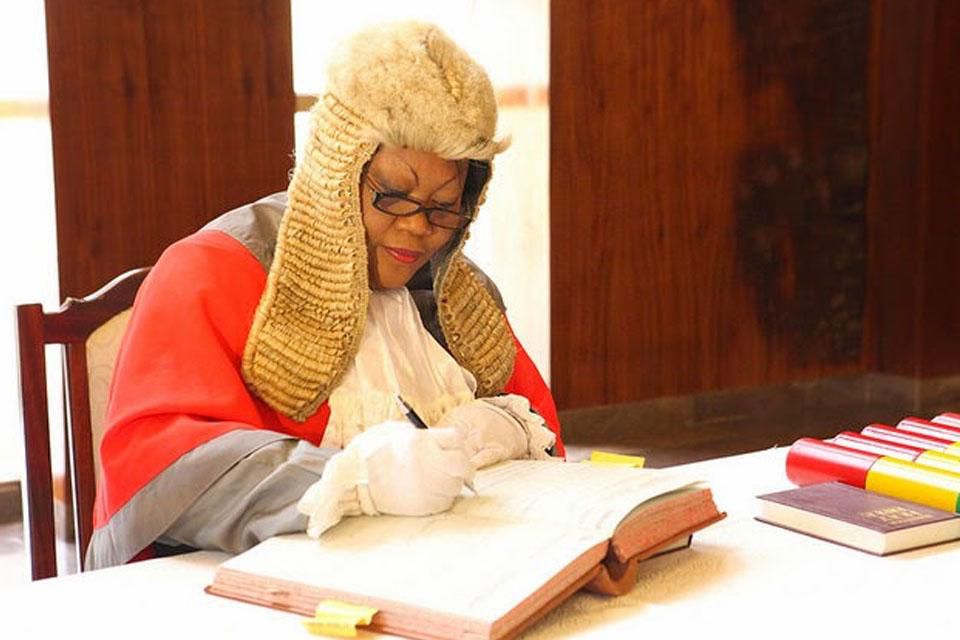
Betty Mould-Iddrisu
In February 2009, Ghana made history as Betty Mould-Iddrisu became the first woman Attorney-General and Minister of Justice.
She was appointed by the late President John Evans Atta Mills, who expressed confidence in her abilities and urged her to enhance the operations of the Justice Ministry.
Born on March 22, 1953, Betty Mould-Iddrisu received her early education at prestigious institutions like the Ghana International School, Achimota School, and Accra Academy.
She pursued higher education at the University of Ghana, obtaining a Bachelor's degree in law (L.L.B) and later a Master's Degree from the London School of Economics in 1978.
Before her groundbreaking appointment, Betty Mould-Iddrisu held notable positions, including Director of the Legal and Constitutional Affairs Division of the Commonwealth Secretariat.
During her tenure, she played pivotal roles in various legal and governance matters, overseeing initiatives in transnational crime, counter-terrorism, and international humanitarian law.
Throughout her career, Mould-Iddrisu has been recognized as a leading expert in Intellectual Property Rights, gender and human rights law, and development issues.
She has provided counsel to Heads of State, Ministers, and civil society, offering high-level advice on international law, constitutional law, and human rights.
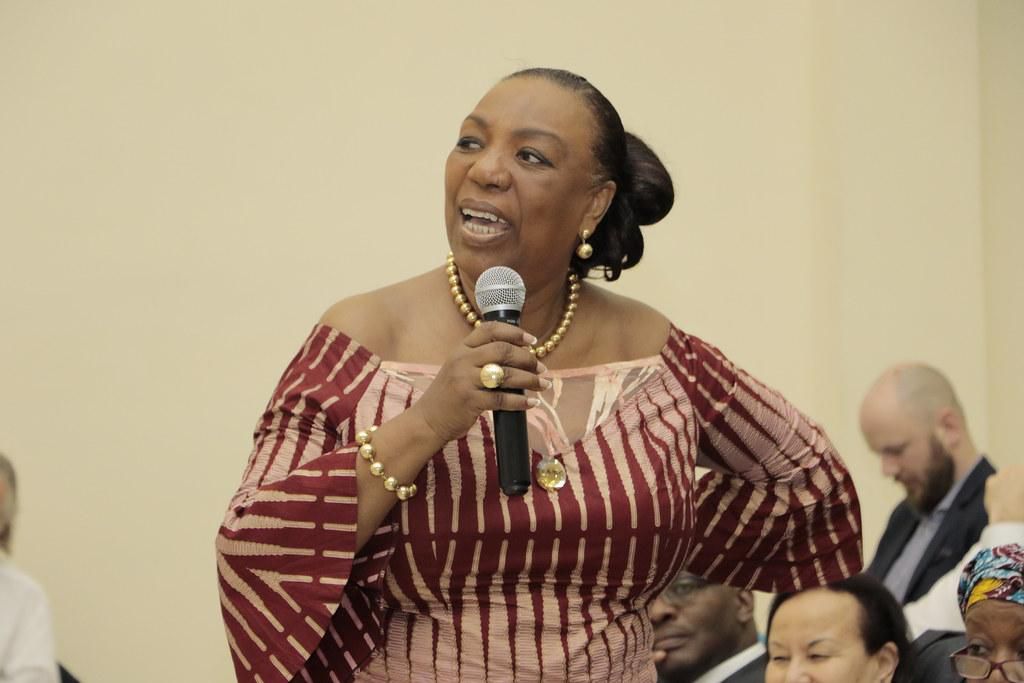
Marietta Brew Appiah-Oppong
She is a former Attorney General of Ghana, appointed by former President Mahama in 2013, and the second woman to hold this office after Betty Mould-Iddrisu. Her tenure ended on January 6, 2017.
Appiah-Oppong was later appointed to serve on the Court of Arbitration of the International Chamber of Commerce from July 1, 2018, for a three-year term.
With over twenty years of experience, she began her legal practice at Fugar and Co. law firm before joining Lithur Brew & Company in 2000 as a shareholder/director.
As a seasoned litigator, her expertise spans commercial law, transactions, and general corporate advice.
Appiah-Oppong is also an Honorary Council member of the Ghana Association of Restructuring and Insolvency Advisors (GARIA).
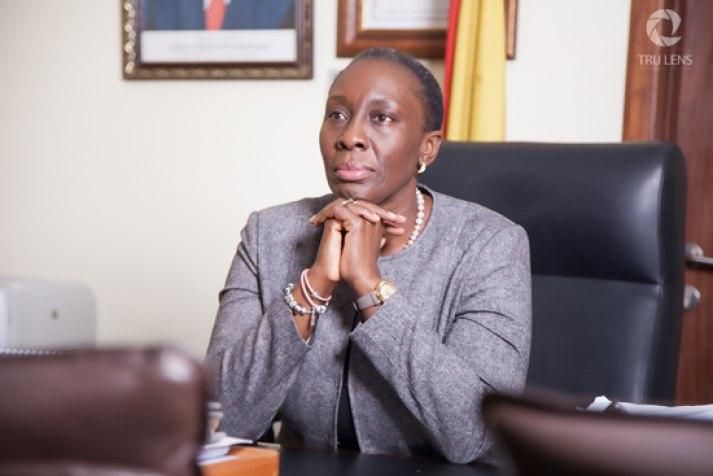
Joyce Bamford-Addo
Joyce Bamford-Addo, a Ghanaian barrister and judge, made history as the first female Speaker of the Parliament of Ghana from 2009 to 2013.
She also holds the distinction of being the first woman in the West African sub-region to assume this position.
Additionally, Bamford-Addo served as the first female Justice of the Supreme Court of Ghana from 1991 to 2004, after which she retired.
Throughout her career, she held various roles in the legal sector, including Director of Public Prosecutions and Chief State Attorney.
Bamford-Addo's contributions to Ghana's judiciary and legislative branches have left a lasting legacy of progress and gender equality.
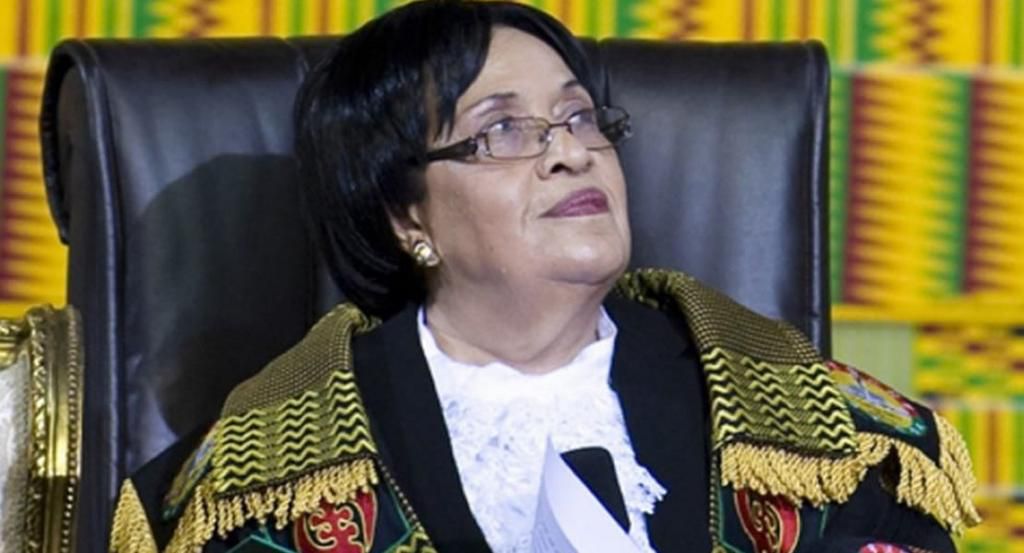
Georgina Theodora Wood
She made history as Ghana's first female Chief Justice, serving for five decades before retiring in 2017.
Additionally, she sits on the Council of State. Wood's career began with the Ghana Police Service before transitioning to the Judicial Service in 1974.
Rising through the ranks, she became the presiding judge of the Appeal Court in 1991.
Initially declining an appointment to the Supreme Court in 2002, she later accepted and was nominated for Chief Justice in May 2007.
Parliament unanimously approved her nomination on June 1, 2007, marking her as the first woman to lead Ghana's Judiciary.
Her tenure opened doors for future female leaders, such as Justice Joyce Adeline Bamford-Addo, Ghana's first female Speaker of Parliament in January 2009.
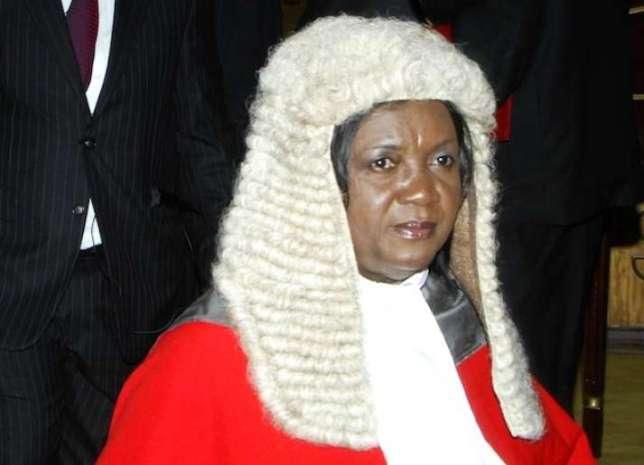
Sophia Akuffo
Sophia Akuffo served as Chief Justice of Ghana from June 19, 2017, until December 20, 2019.
Prior to this, she had been a Judge in the Supreme Court of Ghana since 1995. Initially appointed by the late former President Jerry Rawlings, Akuffo also had experience in private practice.
She held various leadership roles, including membership on the Governing Committee of the Commonwealth Judicial Education Institute and Chairperson of the Alternative Dispute Resolution Task Force.
In January 2006, she was elected as one of the first judges of the African Court on Human and Peoples' Rights.
Nominated as the highest-ranking Judge of the Supreme Court of Ghana by President Nana Addo Dankwa Akuffo-Addo on May 11, 2017, she was sworn in as the thirteenth Chief Justice of the Republic of Ghana by Nana Addo on June 19, 2017.
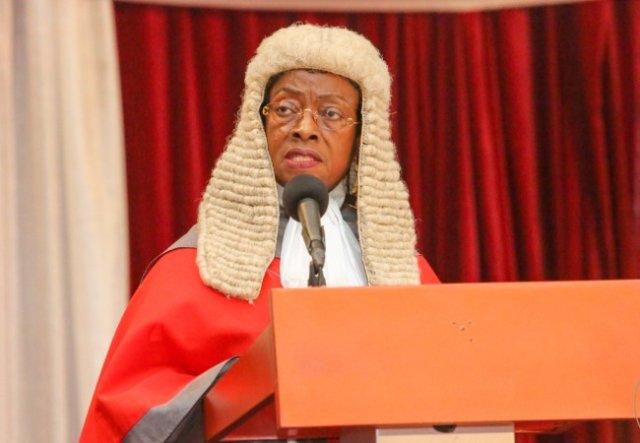
Gertrude Torkornoo
Nominated to the Supreme Court in November 2019, Justice Torkornoo received parliamentary approval the following month.
Later, in April 2023, she was nominated for the position of Chief Justice to succeed Justice Kwasi Anin-Yeboah, who retired on May 24, 2023.
Before joining Fugar & Co. as an associate, Justice Torkornoo volunteered at the FIDA Legal Aid Service and interned at Nabarro Nathanson in London. She later became a director at Fugar & Co.
In 1997, she co-founded Sozo Law Consult and served as Managing Partner until her appointment as a Justice of the High Court of Ghana in May 2004.
Subsequently, she served as a High Court judge until her elevation to the Court of Appeal in October 2012, and eventually to the Supreme Court in November 2019.
Justice Torkornoo assumed office as a Supreme Court Justice on December 17, 2019.
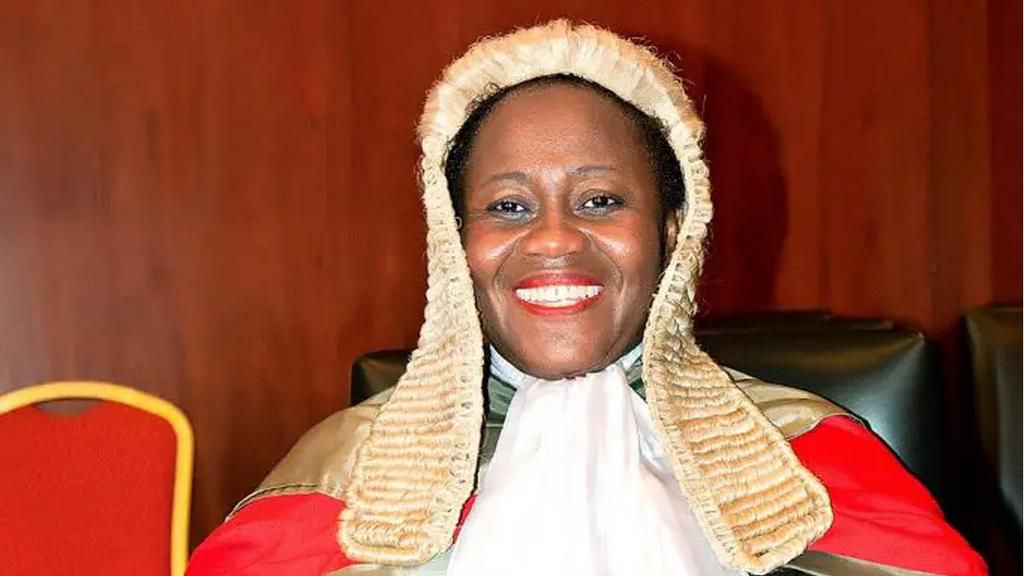
Gloria Akuffo
She served as the Attorney General of Ghana and Minister for Justice, since 2017.
She was a founding partner in a private legal firm, Owusu-Yeboa, Akuffo & Associates, in Accra and the Head of Litigation at Blay and Associates.
She is a member of the New Patriotic Party. From 2001 to 2005 Akuffo was Deputy Minister of Justice and Deputy Attorney General, the first woman to hold these positions.
From 2005 to 2006 Akuffo was Deputy Minister for the Greater Accra Region. Akuffo served as the first Minister of Aviation from 2006 till July 2008. She was appointed Ambassador to Ireland in July 2008.
She served as Lead Counsel in the Supreme Court dispute involving the 2013 election petition case before the apex Court.
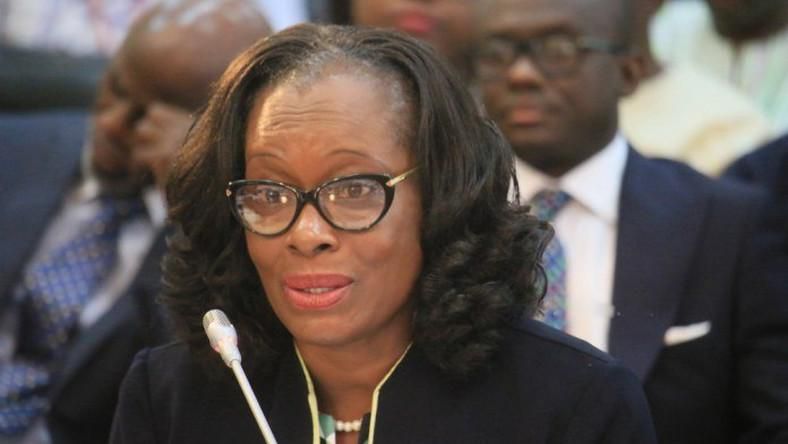
)
)
)
)
)
)
)
)
)
)
)
,fit(112:112))
,fit(112:112))
)
)